The European Commission is set to see a new President and new Commissioners officially installed in November. In this month’s regular column from CEJA (European Council of Young Farmers), President, Matteo Bartolini discusses the prospects under the new regime.
MF: Can you give us a brief description of the role of the European Commission?
MB: This is the EU’s executive body and stands for the interests of Europe as a whole. It is led by one President and 27 Commissioners (one from each of the 28 EU member states), known as the ‘College of Commissioners’ which meets once a week. A new team of Commissioners is appointed every five years, with the next one due to start their term on 1 November 2014. The President-Elect Jean-Claude Juncker has already been nominated by the Council, elected by the European Parliament and has, in turn, chosen all 27 nominees from candidates put forward by their member states and assigned them a policy area. This list must now be approved by the European Parliament.
MF: What is Jean-Claude Juncker’s background? 
MB: Mr Juncker is an experienced politician with 17 years as Luxembourg’s Prime Minister under his belt as well as institutional experience in terms of his background as President of the Eurogroup. He is said to be an idealist and European federalist, but also a deal-broker with a knack for achieving consensus. The President of the Commission is arguably the most influential position of all institutional jobs, considering that the European Commission has the sole right of initiation of all EU law. However, there is a close second in the form of the President of the Council. This is a leader who sets the agenda for the work of the European Council and brokers consensus between member states. A few weeks ago, Donald Tusk, Poland’s Prime Minister, was elected by the Council to be the head of the Euro Summit as well as Council President.
MF: What effect has the President-Elect had so far?
MB: The President-Elect of the Commission has the right to restructure the framework of the College, and Jean-Claude Juncker has certainly made the most of his opportunity to do so. Giving priority to issues such as Deregulation, Energy, Migration and the Digital Union, the President-Elect is already shaping the next few years of EU legislation and regulation. The Agriculture portfolio however remains unchanged but there is a new Commissioner. Irish Minister for Environment, Phil Hogan now steps up to replace Romanian, Dacian Cioloş.
MF: What can we expect from the new Agriculture Commissioner?
MB: CEJA has always had a very good working relationship with the current Commissioner, and we are determined to ensure that this continues with the new candidate and his Cabinet (his support team). I cannot comment on our expectations of the next Commissioner before he is approved, but a Commissioner from a member state who values agriculture as highly as Ireland inspires me with some confidence. Phil Hogan will be in charge of the Agriculture and Rural Development portfolio, and according to Juncker’s appointment letter, will be under the umbrella of the Vice-President for Jobs, Growth, Investment and Competitiveness, Jyrki Kaitanen.
MF: What does this mean for young farmers?
MB: It points towards a promising mandate for young farmers considering one of the new Commission’s priorities in terms of agriculture is ‘ensuring that rural development spending is well integrated into jobs- and growth-generating investment strategies.’ Hogan will also have the implementation of the brand-new Common Agricultural Policy (CAP) on his plate, with many challenges still afoot in this area, including issues of simplification and certain aspects of the regulation, particularly greening measures. Towards the end of his mandate, he will be moving towards the next CAP reform and will be expected to improve the next CAP. This will be particularly in the context of increased jobs, growth and competitiveness – probably within the constraints of a more limited budget.
MF: What other areas of the Commission will affect young farmers?
MB: The work of a number of other Commissioners will also impact on European farmers in the next few years too, particularly the portfolios of Health and Food Safety; Climate Action and Energy, and Trade. It is crucial to remember, however, that all 27 of these candidates must first be approved by the European Parliament. To find out more about the other Commissioner candidates and the new structure of the Juncker Commission, click here.
If you would like If you would like to get in touch with Matteo Bartolini or CEJA, email allusers@ceja.eu
Go to: Massey Ferguson Global Facebook page
Go to: CEJA Young Farmers Facebook page


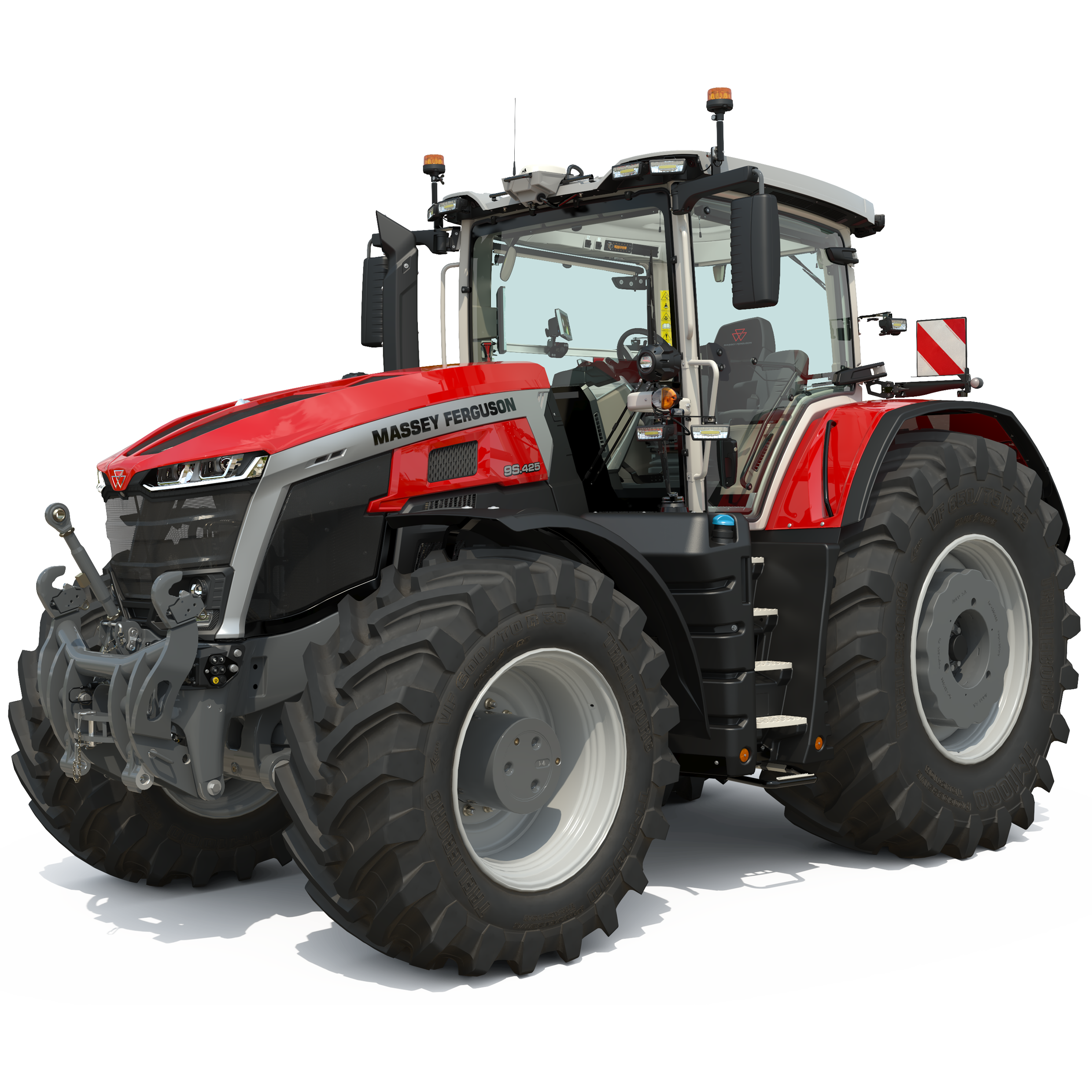

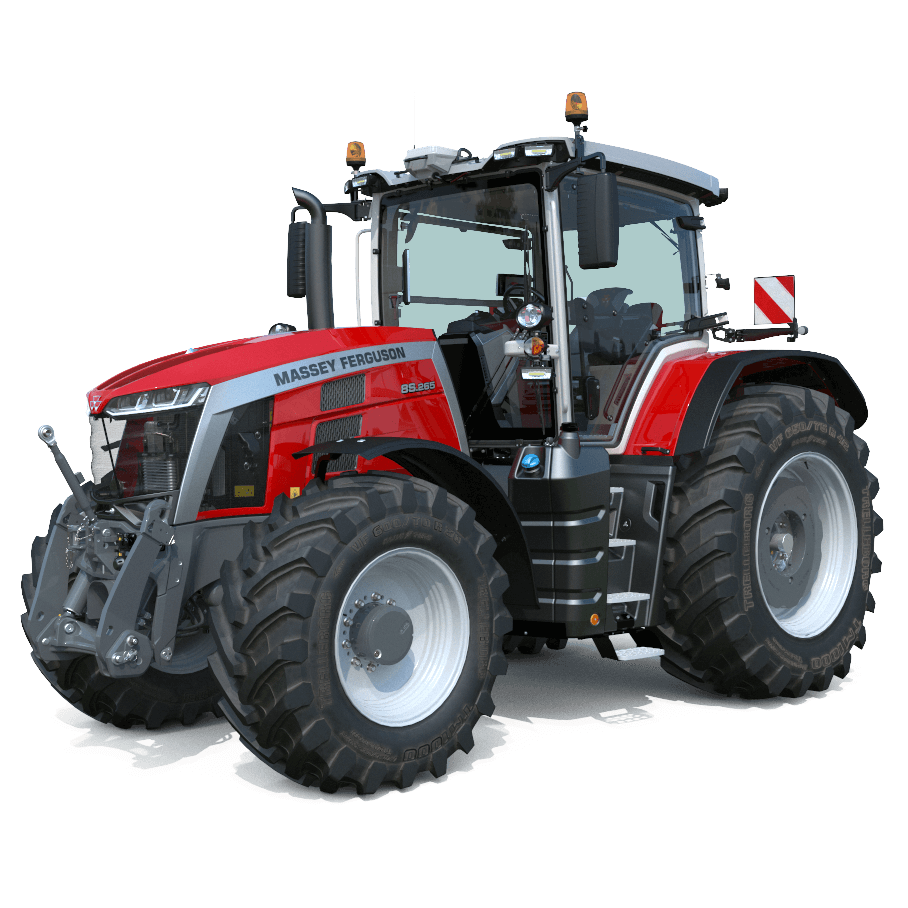







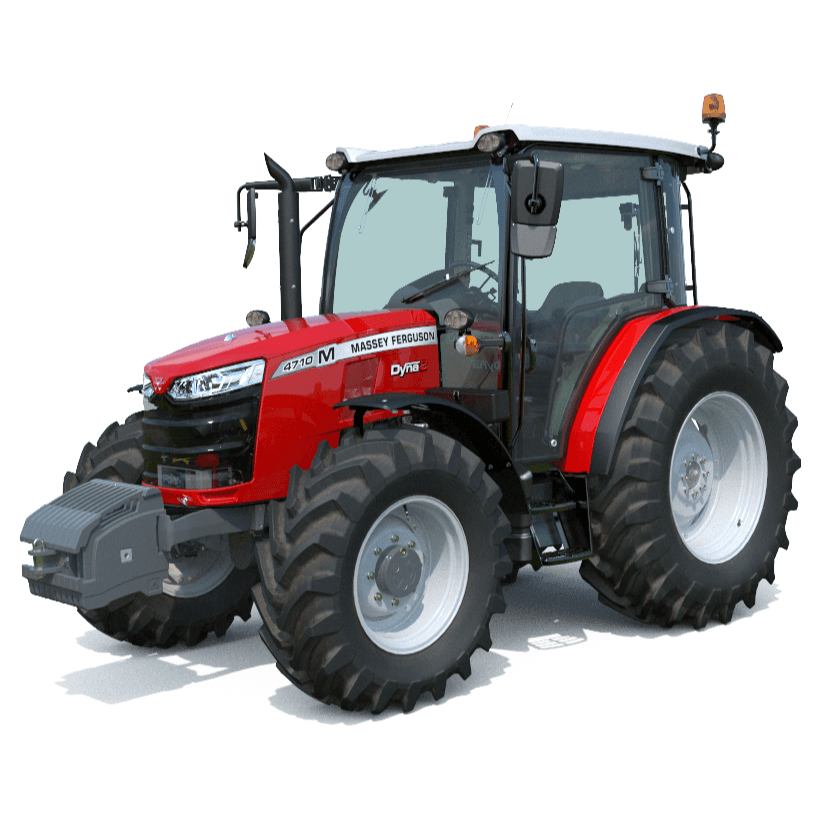


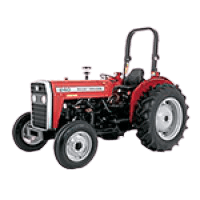
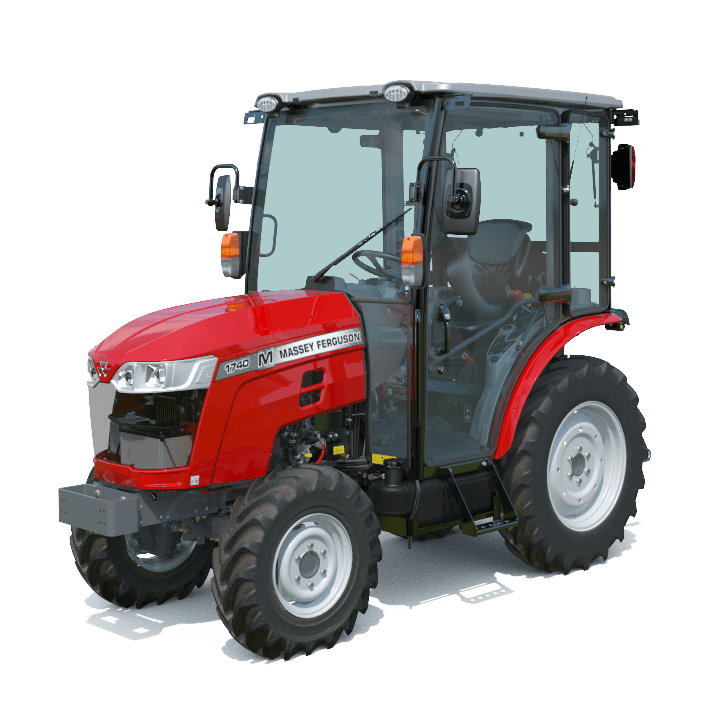


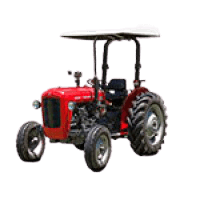
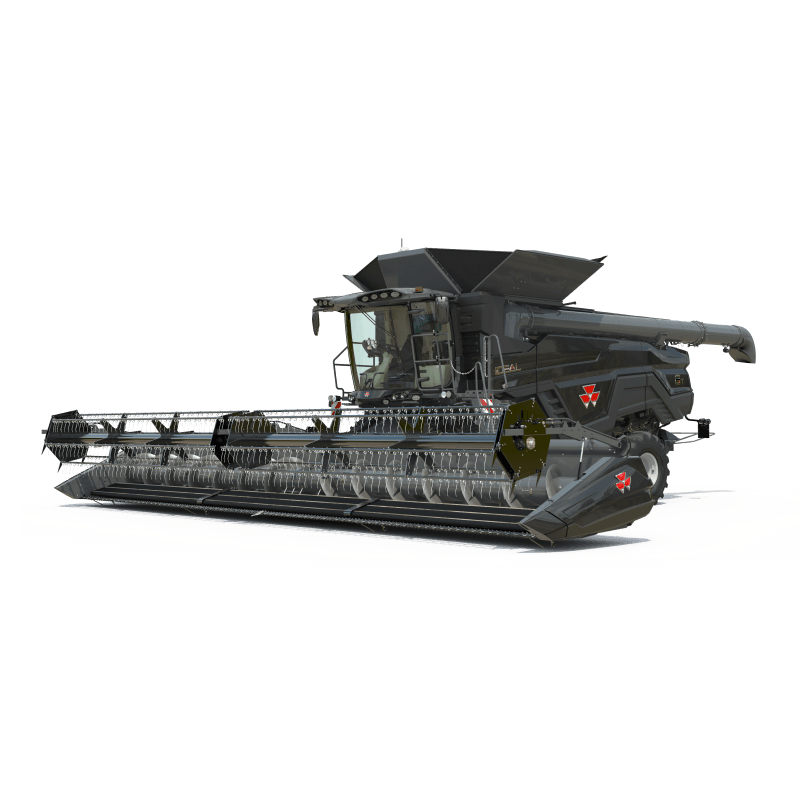

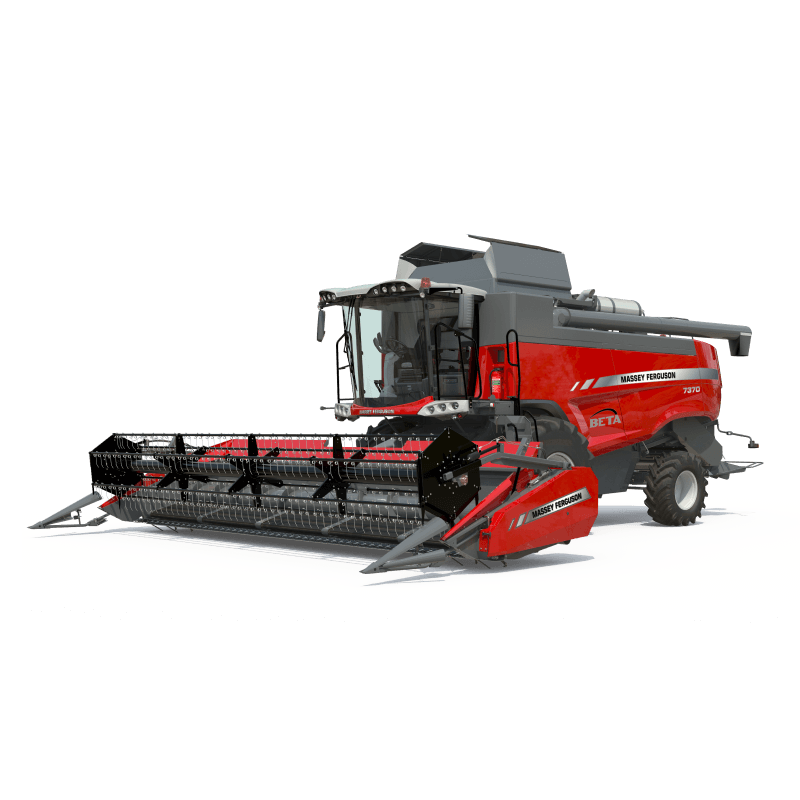
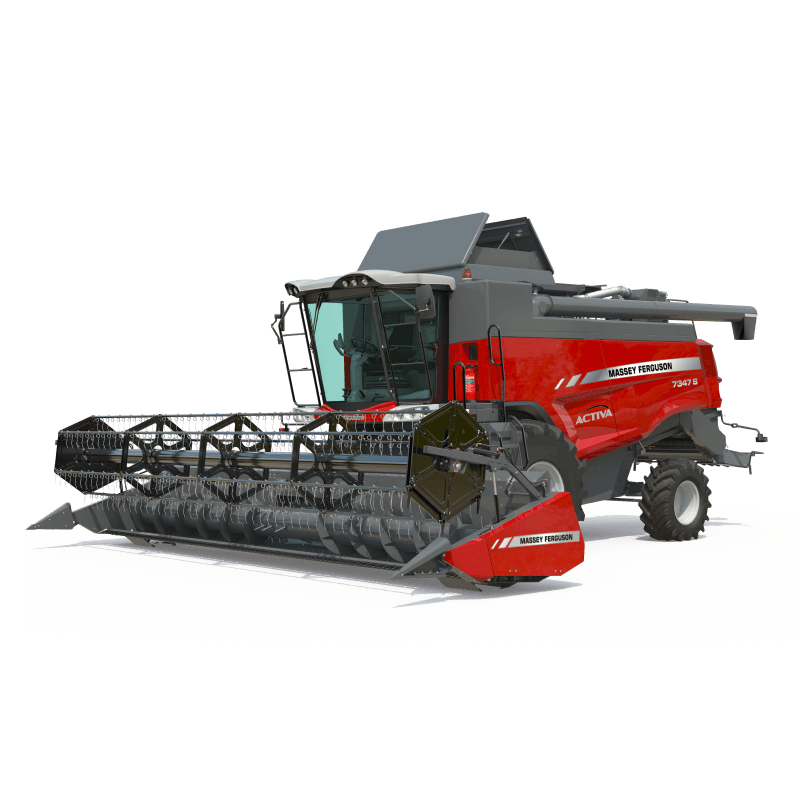
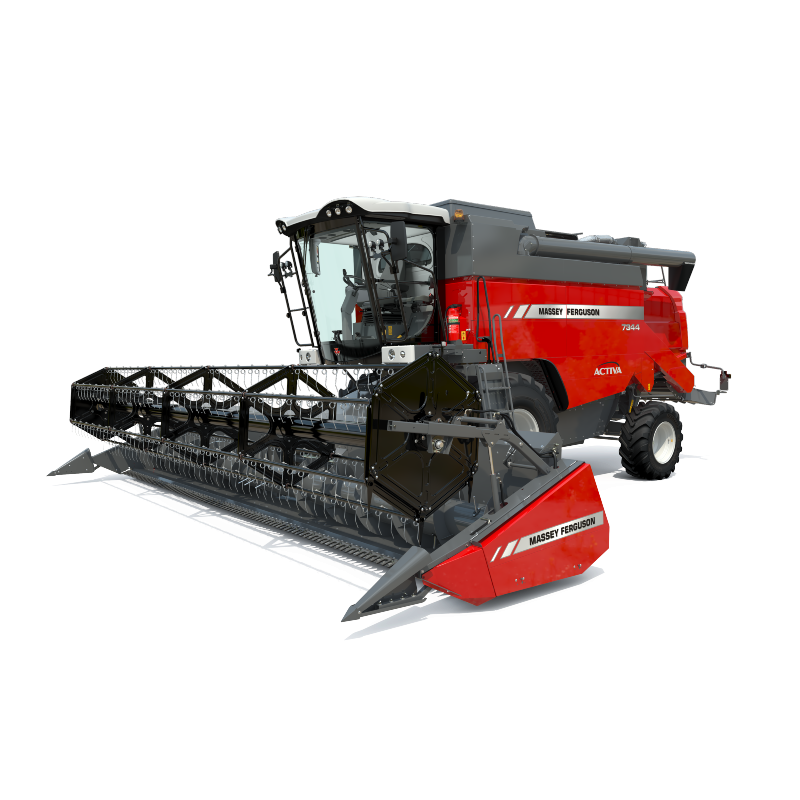

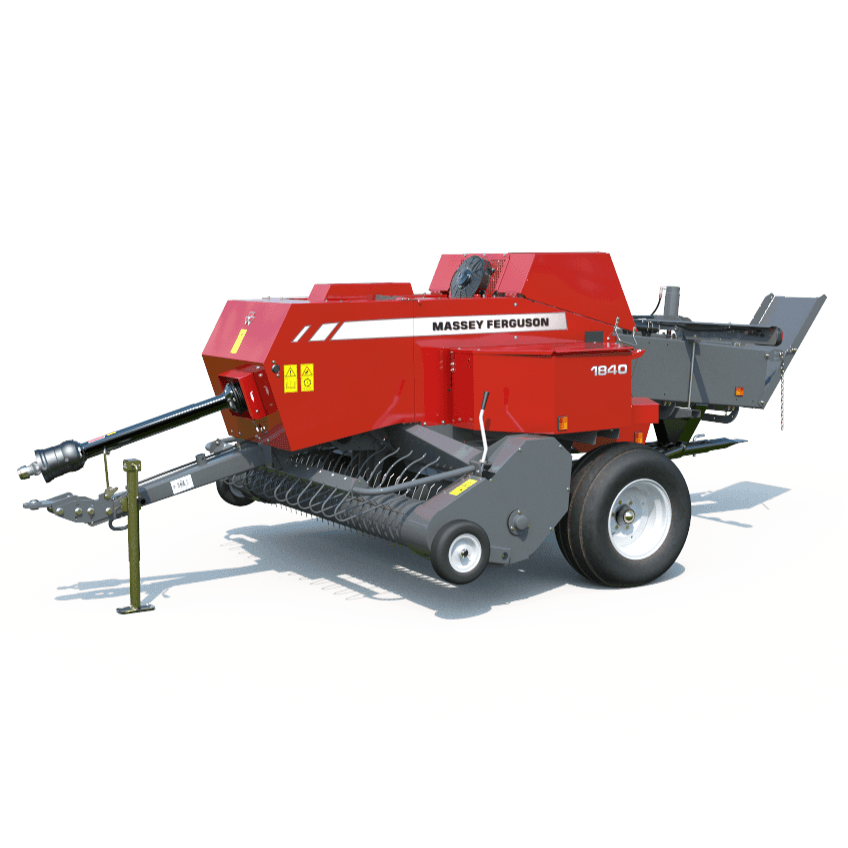
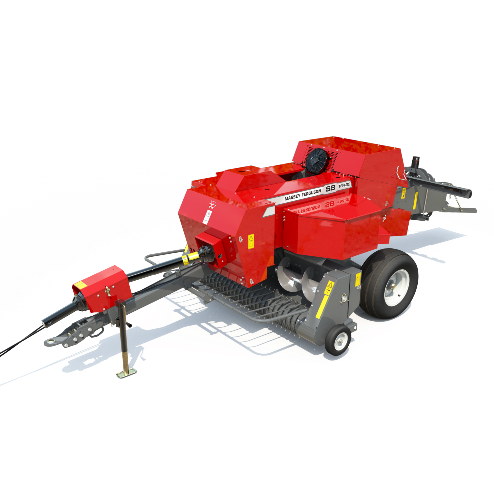
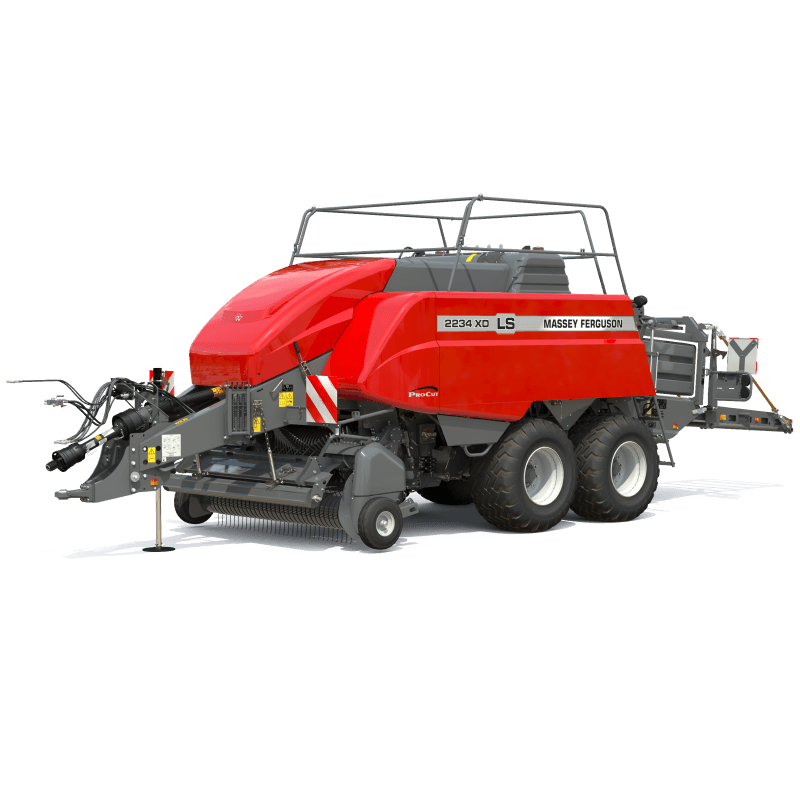





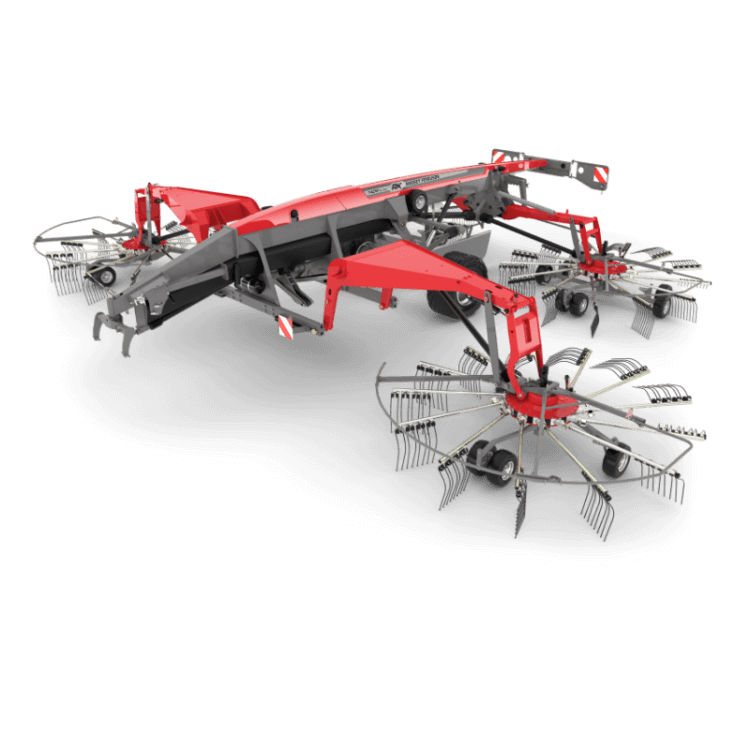
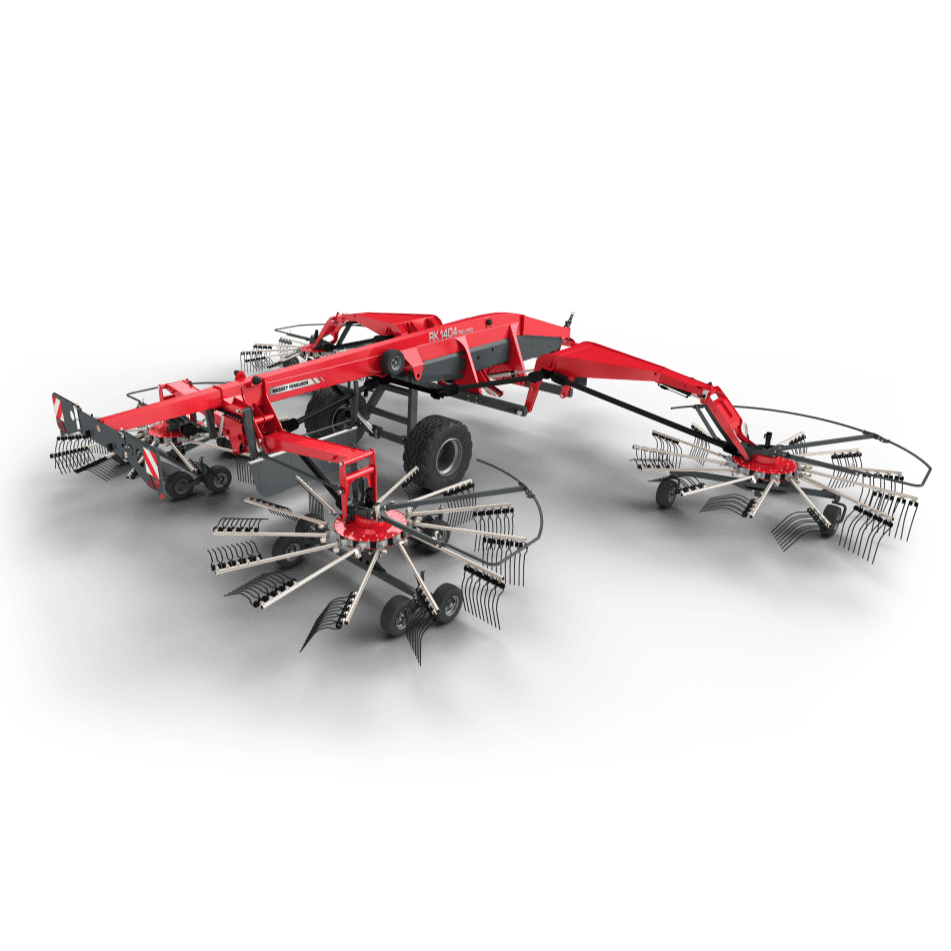

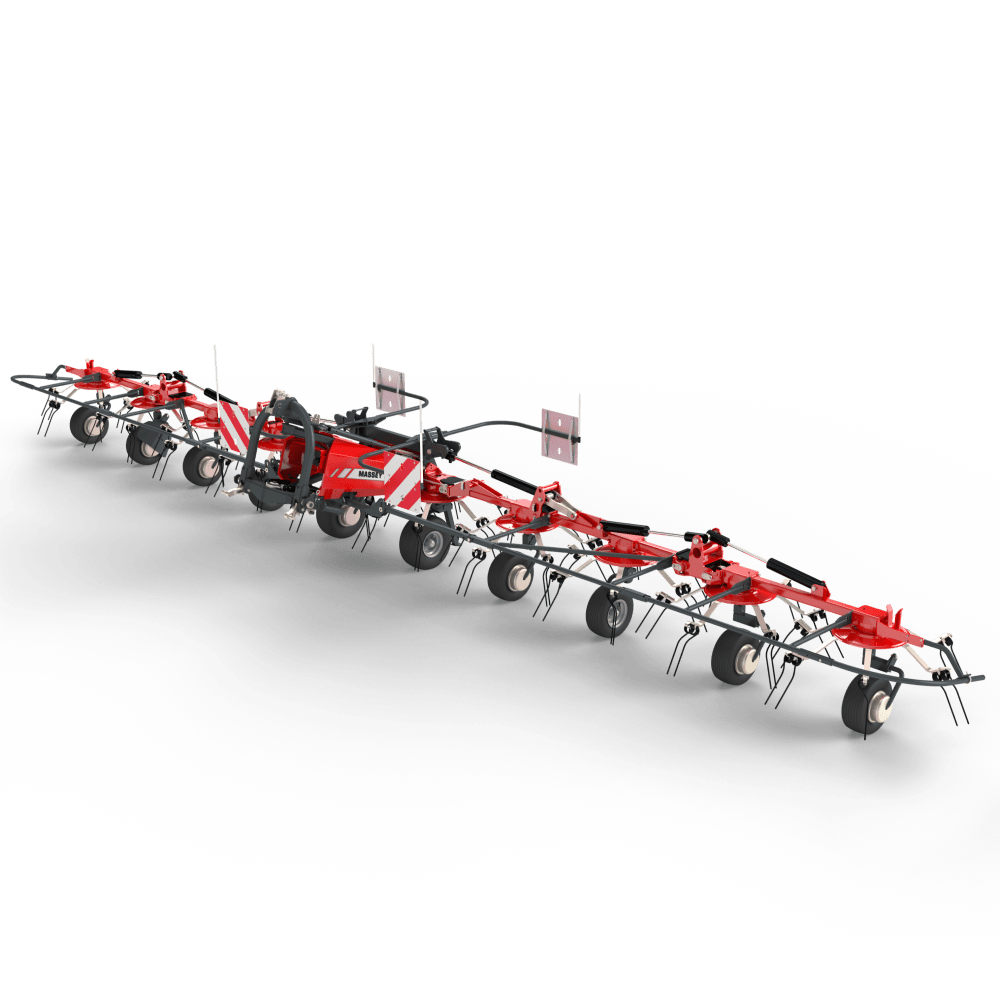
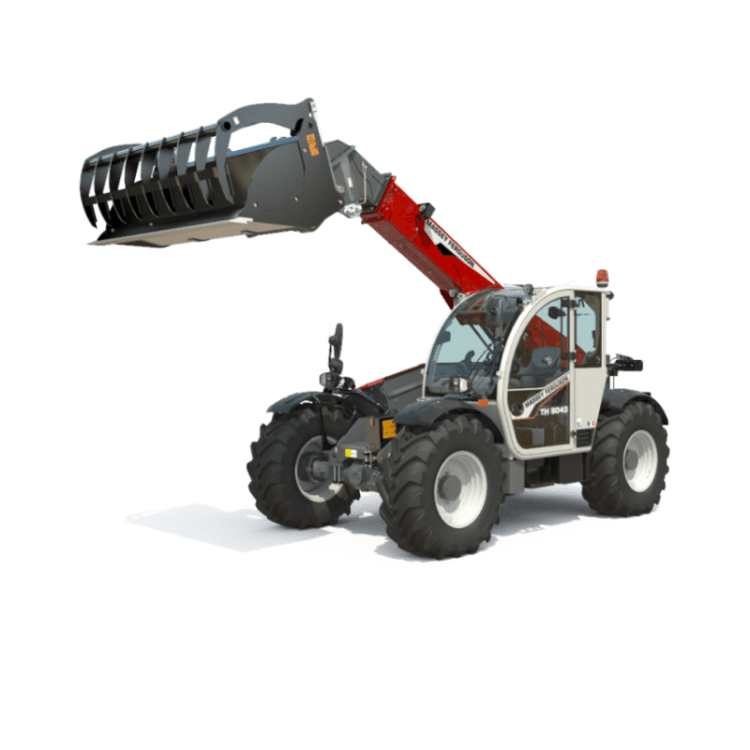

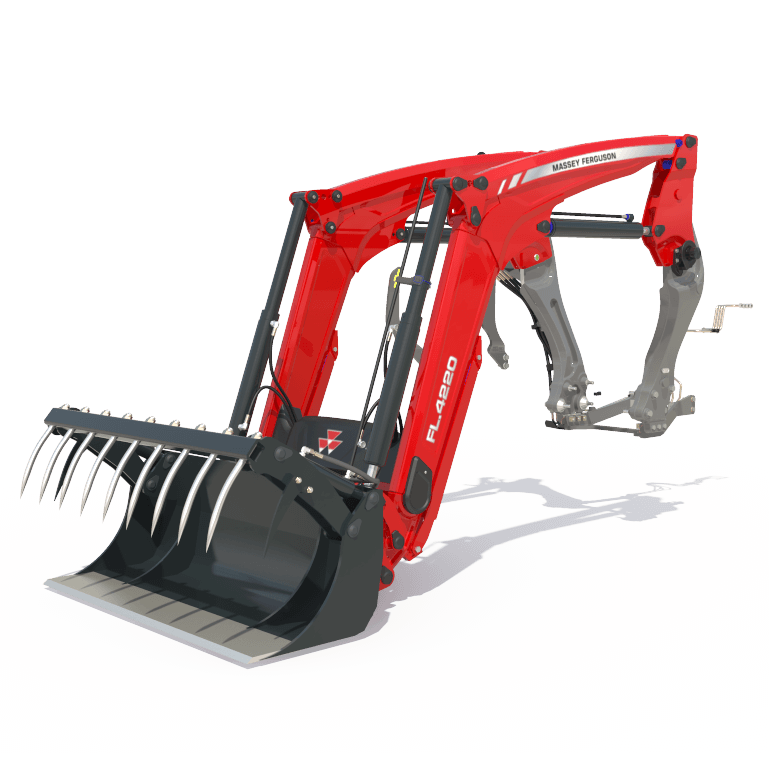
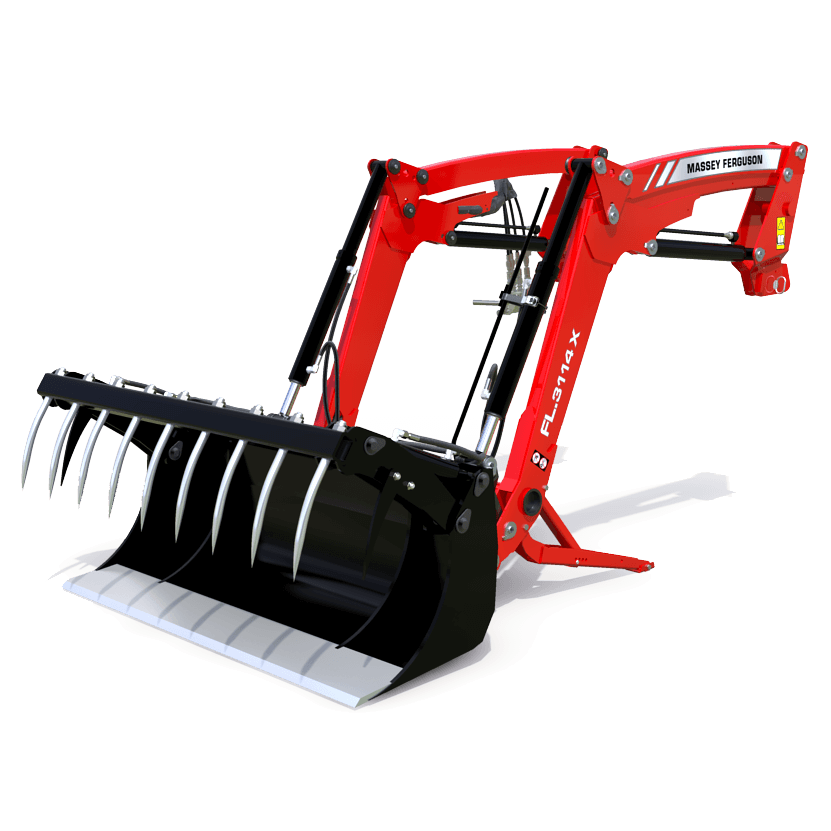
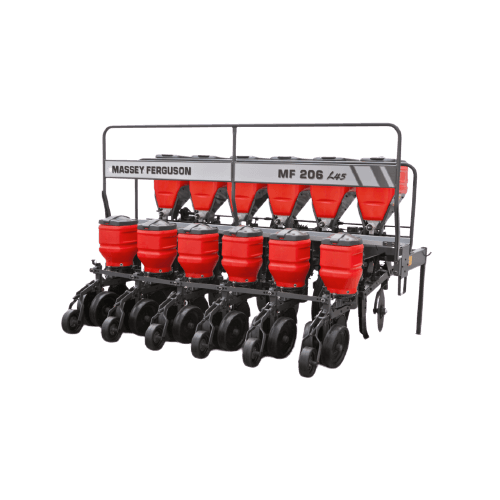

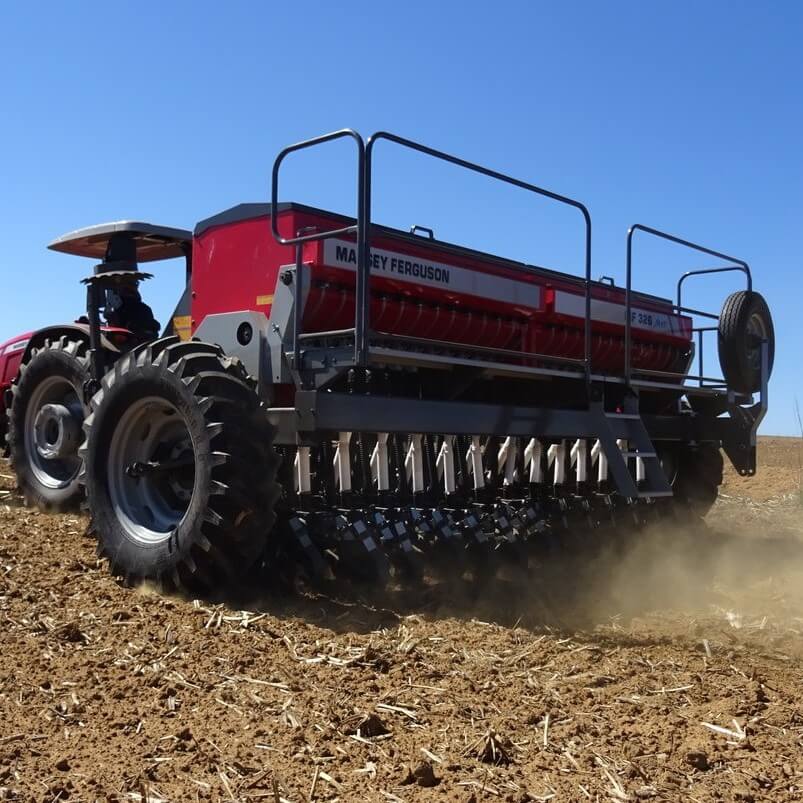
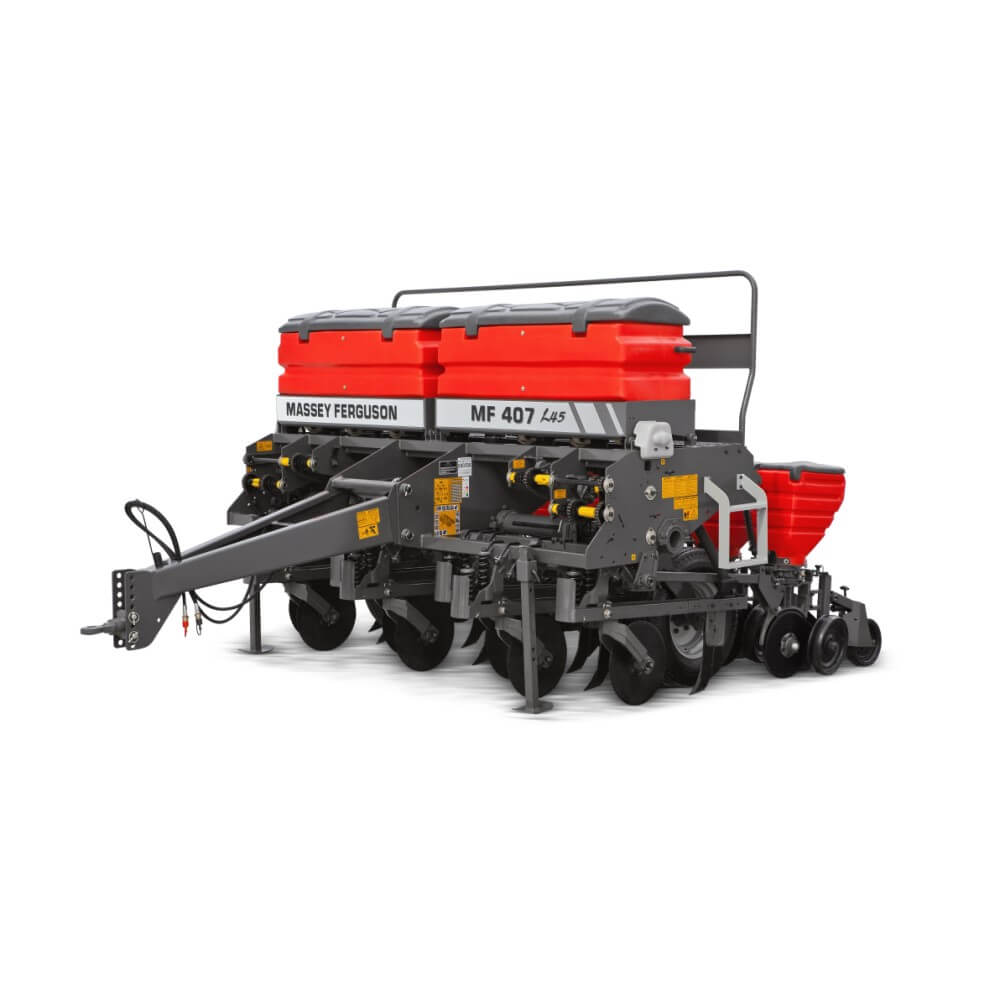
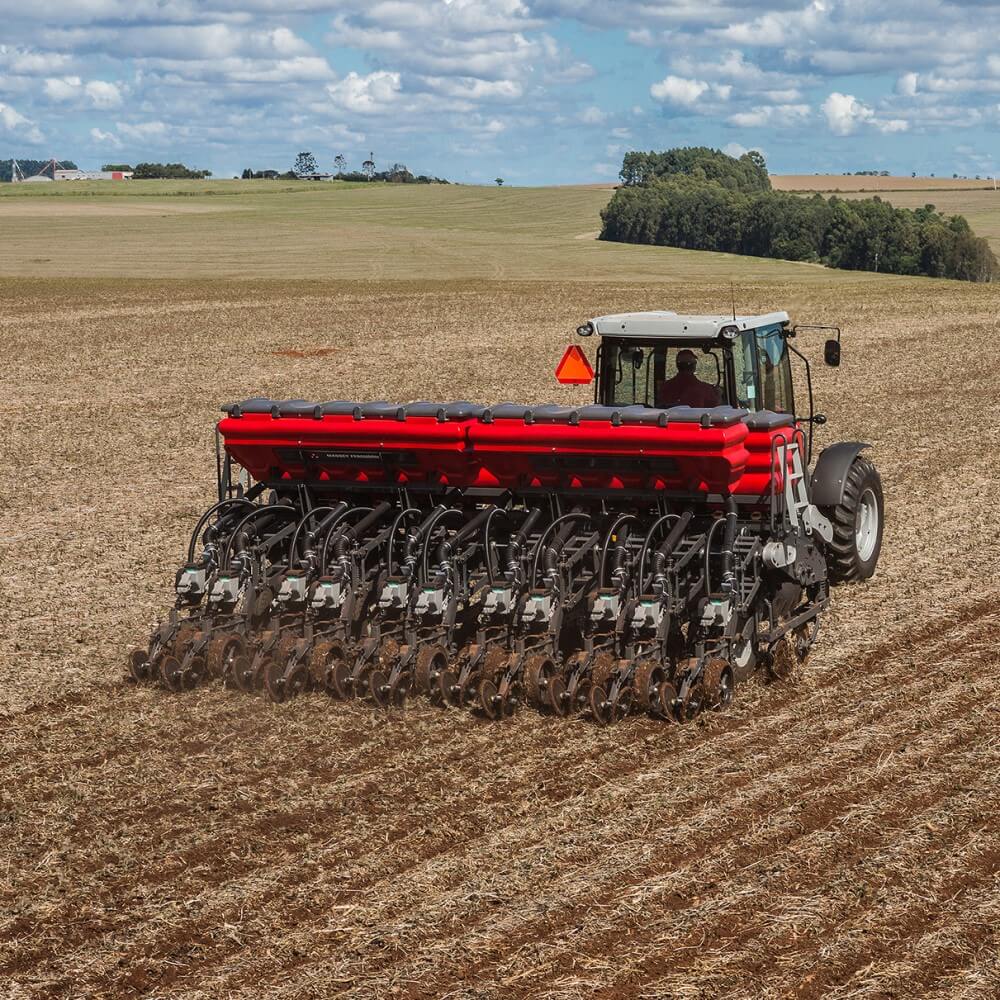
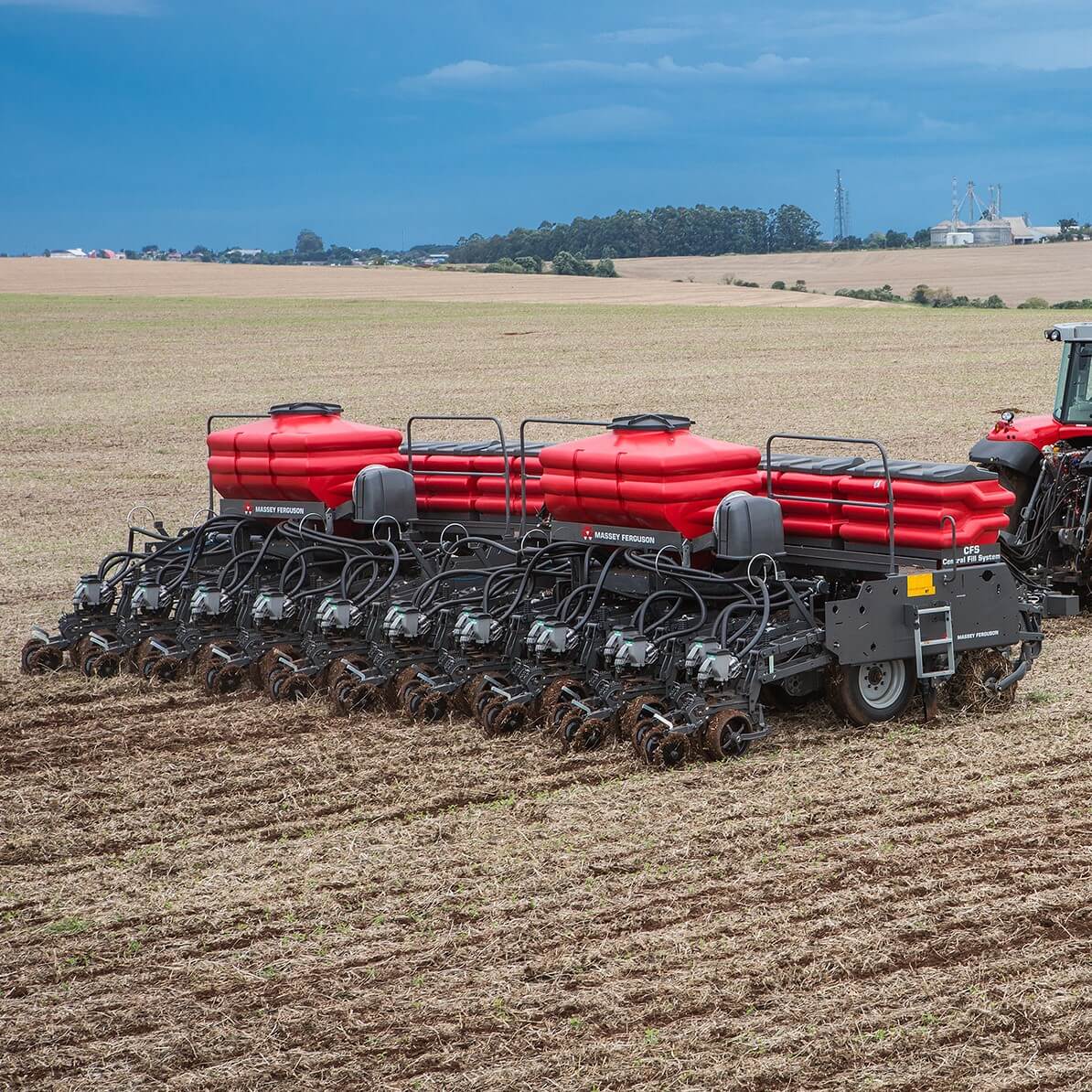
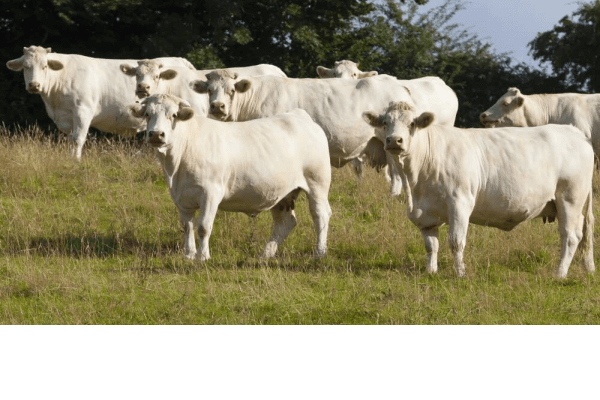

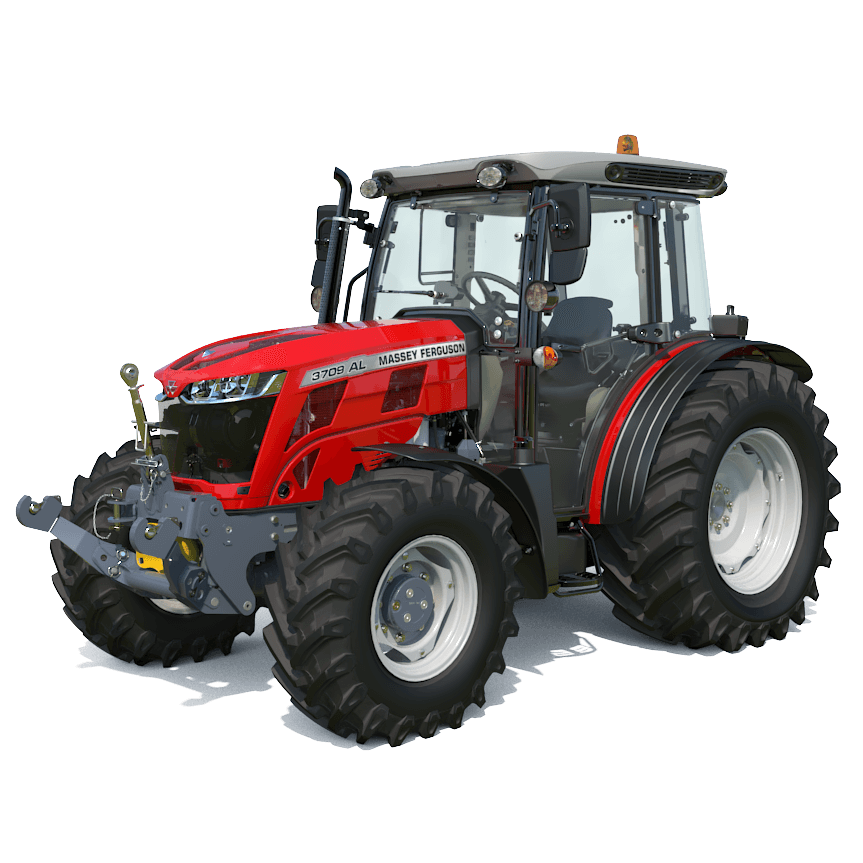
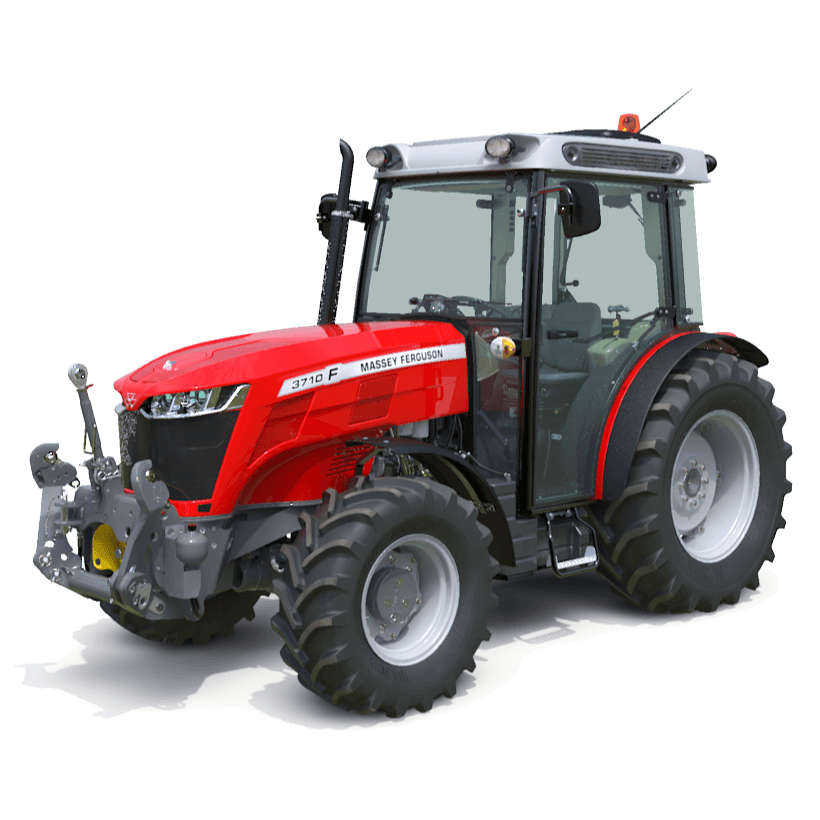
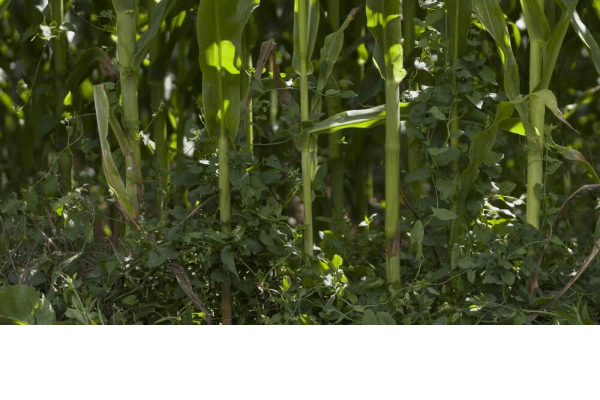
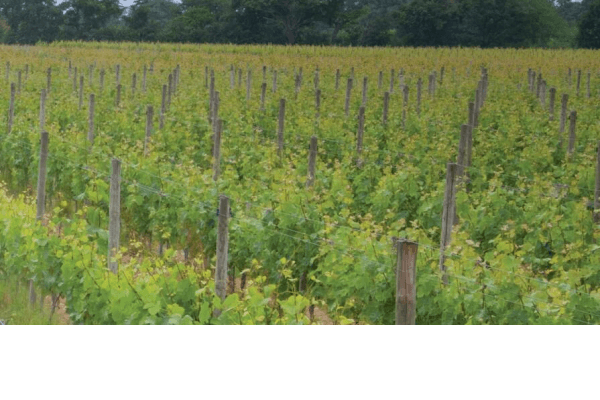
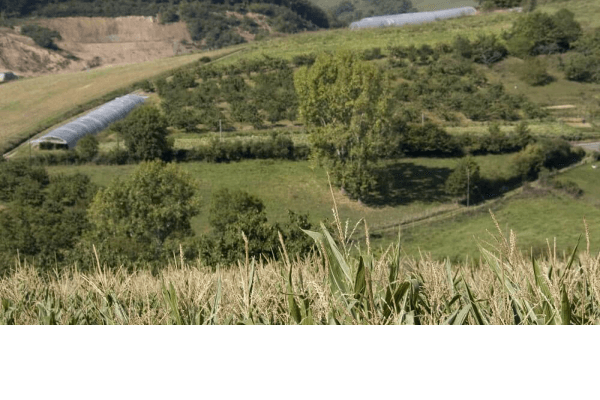


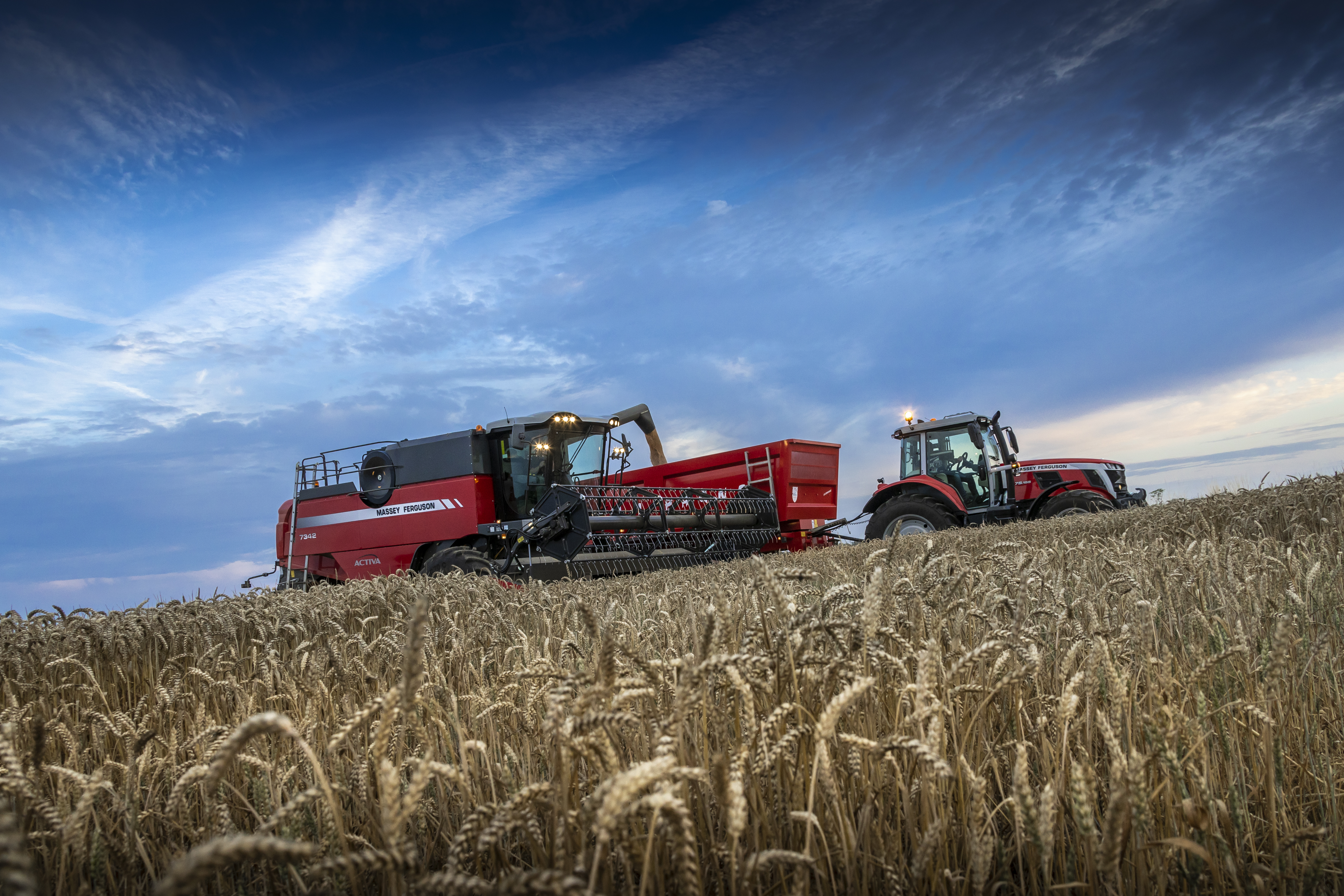


Share